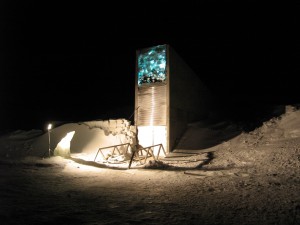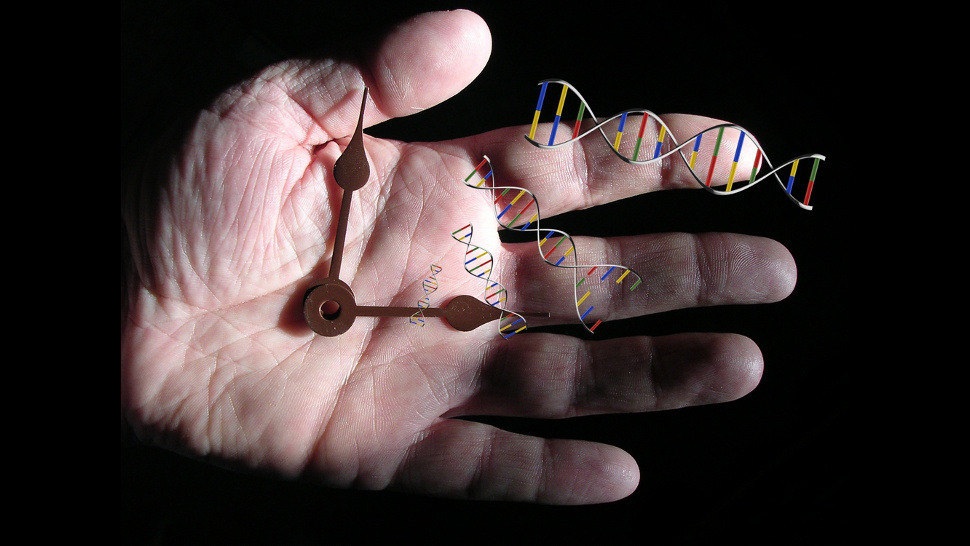Being able to preserve information for generations to come is an important aspect of preserving our culture and society. A new method of storing digital information as DNA molecules is expected to have a longer survival period than the current optical and magnetic storage techniques such as hard drives.

A laptop hard disc drive; Image Courtesy of Wikimedia Commons
The problem with current storage methods such as hard drives or optical discs such as Blu-Ray Disc is that they are not deemed reliable past 50 years for storing data without data being lost. While our current methods may not have the longevity needed it has been found that DNA fragments have survived intact for over a three-hundred thousand years. This ability of the DNA to be preserved for such long periods might be the answer to our long term storage problem. The catch with this long term preservation of DNA comes with it needing specific environmental conditions, mainly temperature, to remain intact with its data readable.
The research looking into using DNA encapsulated in silica (glass) as a storage system included subjecting DNA that held information to various high temperatures a for a week to simulate the ageing process and the aftermath of the trials found that the information was still readable off the DNA without any errors. The data found suggests that if the DNA was kept at lower temperatures then the DNA could be preserved for very long periods of time, a suggested 2000 years if stored at around 10° C and an impressive 2 million years if stored at a frosty -18° C.
Fortunately the Svalbard Global Seed Vault located in the Arctic has just the facilities for such low temperature preservation.

The Entrance to the Svalbard Global Seed Vault; Image Courtesy of Wikimedia Commons
The Global Seed Vault’s main purpose is as a storage facility to freeze various seed samples from plants around the world to ensure that the world’s crops will be available for the future generations. The facility exists in the arctic where permafrost reigns so that even in the event of a power failure the samples will remain frozen and intact for the future generations.
With the facility of the Global Seed Vault already usable the next step for the storage of information via DNA is to encode some information and to store it for longer trials at the low temperature to see the results. With this research we as humans are closer to being able to preserve our vast collections of information for generations to come.
– Matthew Leupold


